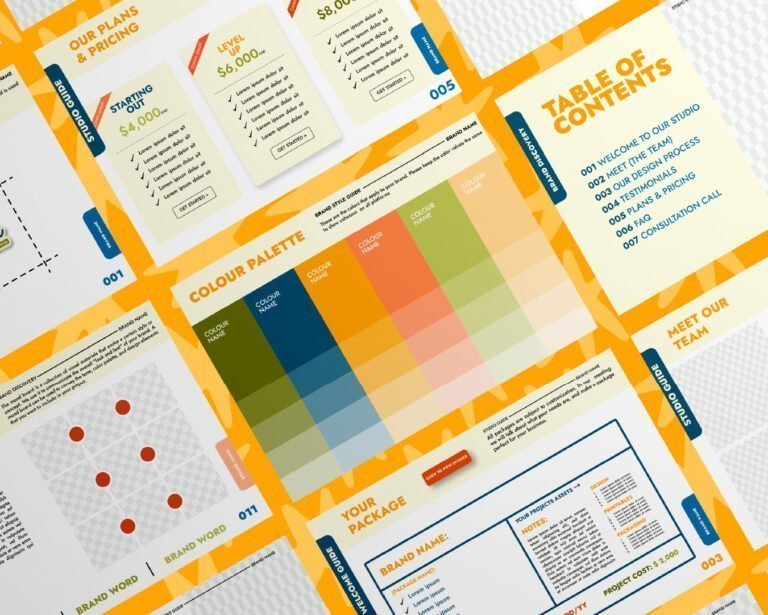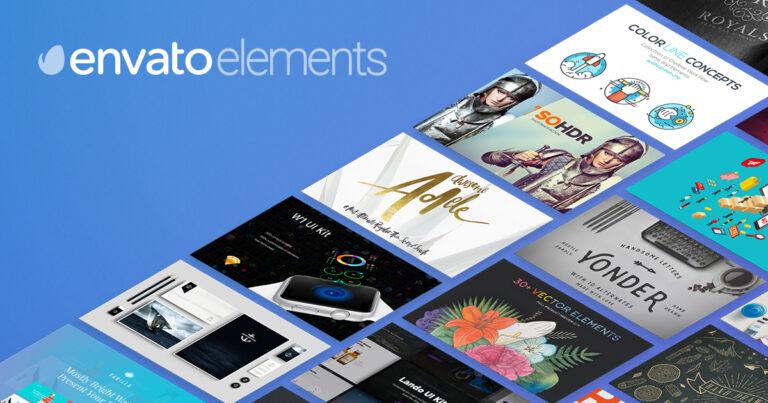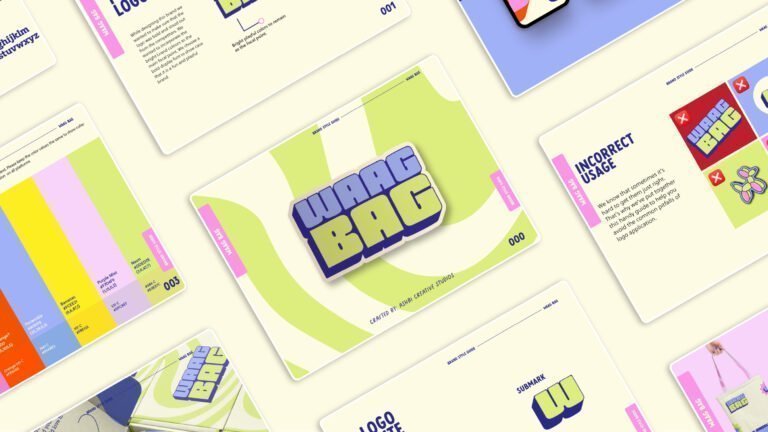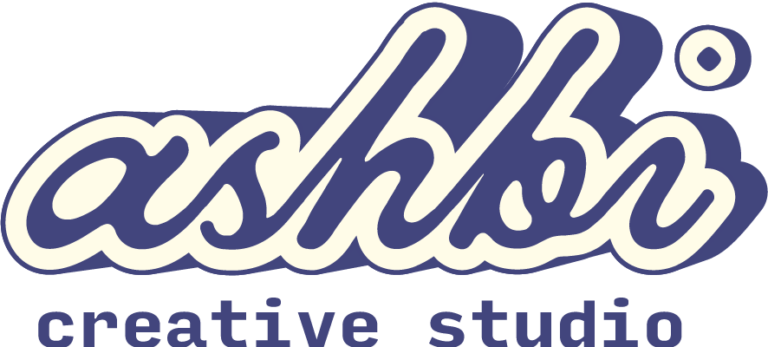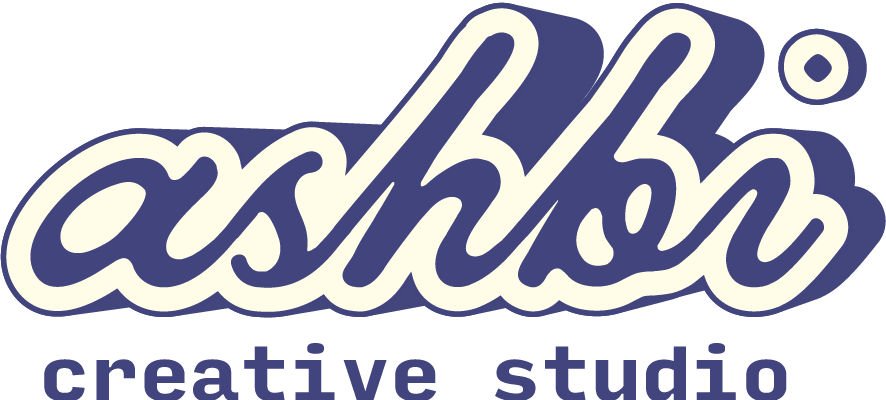Why Choosing the Right Web Designer is Important
In this day and age, having a website is essential for businesses and individuals alike. A website serves as the digital storefront or online presence of a brand or person.
Therefore, it’s crucial to have an effective and engaging website that represents your business or personal brand in the best light possible. This is where choosing the right web designer comes in.
The right web designer can create a visually appealing and functional website that meets your specific needs and goals, while also ensuring that it’s optimized for search engines (SEO) and user-friendly. On the other hand, choosing the wrong web designer can lead to a frustrating experience filled with delays, communication issues, subpar results, or worse – no results at all.
An Overview of Factors to Consider
Choosing the right web designer might seem overwhelming at first with so many options available. But evaluating potential candidates based on key factors can help make the decision process much easier. Here are some of the most important factors you should consider when choosing a web designer:
Experience and Portfolio
One of the first things you should look for when choosing a web designer is their level of experience and their portfolio. Check how long they’ve been in business and what types of websites they’ve designed in the past – have they created websites similar to what you’re looking for? Look through their portfolio carefully; this will give you an idea about their design style, quality of work, attention to detail, etc.
Technical Skills and Expertise
Another important factor is technical skills and expertise. You want to choose someone who knows what they’re doing technically so that your site looks good while being functional too!
They should be proficient in HTML5/CSS3/JavaScript which form the cornerstone of modern web design. They should also have experience with website development platforms like WordPress or Shopify, and be familiar with SEO best practices to help your site rank higher on search engines.
Communication and Collaboration
Communication and collaboration are key factors to consider when choosing a web designer. It’s crucial that the designer understands your needs and preferences, and is willing to work with you closely throughout the design process. Communication should be open, transparent, and timely – you don’t want any surprises or delays!
You should also look for someone who is willing to collaborate with other members of your team if necessary. In the following sections, we’ll dive deeper into each of these factors so that you can make an informed decision when selecting a web designer.
Experience and Portfolio
Years of experience in web design
When choosing a web designer, one of the most important factors to consider is their years of experience in the field. It’s always better to work with someone who has a solid background and plenty of experience in designing websites. With more years of experience comes more knowledge and expertise, which can translate into better design quality.
Additionally, an experienced web designer will be able to anticipate potential issues that may arise during the design process, and take steps to prevent or mitigate them. They will also be able to offer valuable insights and suggestions that can help you achieve your goals for your website.
Types of websites designed in the past
Another important factor to consider when choosing a web designer is the types of websites they have designed in the past. It’s always a good idea to work with someone who has experience designing sites similar to yours. For example, if you’re looking for an e-commerce site, you’ll want to work with someone who has extensive experience designing e-commerce sites.
Additionally, it’s important to look at the variety of websites a designer has worked on. A designer who has only worked on one type of site may not have as diverse range of skills as one who has worked on many different types.
Quality of work showcased in portfolio
One way to gauge a web designer’s skill level is by looking at their portfolio. A portfolio should showcase a variety of designs that demonstrate both technical proficiency and aesthetic creativity. Pay attention not only to how visually appealing each design is but also how functional it is.
Look at how easy it is navigate through each page, whether all links are functional or not, etc. By examining these elements along with factors such as years of experience and types of website designs undertaken in the past, you will stand better equipped when making a more informed decision regarding choosing the right web designer for your project.
Technical Skills and Expertise
Proficiency in Coding Languages such as HTML, CSS, and JavaScript
A web designer must have a good understanding of the three basic coding languages used in website development – HTML, CSS, and JavaScript. HTML provides the structure of the website while CSS is used for styling and presentation.
JavaScript is used for adding interactivity to a website. A web designer should be proficient in all three languages to create a functional and aesthetically pleasing website.
They should also be comfortable with writing clean code that is easy to read and maintain. When reviewing a web designer’s technical skills, it is important to ask about their experience with different versions of HTML, CSS, and JavaScript.
A good web designer will be up-to-date with the latest standards for each language. They should also have experience working with responsive design, which ensures that websites look good on all devices – from desktop computers to mobile phones.
Knowledge of Website Development Platforms such as WordPress or Shopify
While knowing how to code is important for any web designer, it’s also important for them to have knowledge about different website development platforms available like WordPress or Shopify. Each platform has its own strengths and weaknesses regarding customization options, security features, scalability etc.
A good web designer will not only know how these platforms work but also understand which one would be best suited to meet your specific needs based on your business objectives. For instance: if you need an e-commerce site or online store then Shopify might be the better option because it provides various features needed by online stores whereas if you require more customization than WordPress might be better suited because of its flexibility.
Familiarity with SEO Best Practices
Search engine optimization (SEO) plays a crucial role in improving your website’s visibility on search engines like Google or Bing. A knowledgeable web designer should understand how to create websites that are optimized for SEO.
This includes knowing how to optimize website content, using proper meta tags, and structuring the website in a way that makes it easy for search engines to crawl. While web designers may not be SEO experts, they should have a basic understanding of SEO best practices.
This understanding will help them create websites that can be easily found on search engines and provide higher visibility for your business. A good designer will also make sure that your website is accessible by search engine crawlers so that it can be indexed correctly.
Communication and Collaboration
Availability for meetings and updates
Effective communication is essential in any web design project, and it starts with the availability of the web designer. The best designers make time to meet with their clients, either in person or via virtual means, to ensure that they understand the client’s needs and expectations.
Additionally, a good designer will be available to provide regular updates on the progress of the project. It’s important for both parties to establish clear lines of communication early on in the process.
This includes agreeing on how often updates will be provided, what information needs to be shared, and how feedback will be given. Having a plan in place for communication ensures that everyone is on the same page throughout the project.
Ability to understand client needs and preferences
A successful web design project requires collaboration between the designer and client. This means that the designer must have strong listening skills and an ability to understand what their client wants.
A good designer not only listens but also asks questions to clarify any doubts or concerns they may have. Understanding a client’s preferences is critical when developing a website that meets their expectations.
This can include everything from color schemes to layout options. Clients may have specific ideas about what they want their website to look like or how it should function – it’s up to the designer to translate those ideas into a finished product.
Willingness to collaborate with other team members
Web design projects often involve multiple team members who work together towards a common goal – creating an outstanding website! Depending on the size of your organization, you may have marketing teams, content writers, or even IT professionals involved in your website development process.
A great web designer should be willing and able to collaborate effectively with all members of your team despite differences in roles or expertise levels. They should always keep an open line of communication to ensure that everyone is on the same page and working towards the same goals.
The designer should be open to feedback and ideas from other team members and incorporate them into the project as necessary. Ultimately, a willingness to collaborate with others can lead to a better final product that meets everyone’s expectations.
Pricing and Budget
One of the most significant factors in choosing a web designer is budget. In most cases, companies and businesses have a specific budget set aside for their website’s development. Therefore, it’s essential to look for a web designer who can work within that budget without compromising on quality.
Transparency in pricing structure
It’s not uncommon for web designers to be vague about their pricing structure, which can be frustrating for clients trying to make informed decisions. Therefore, when looking for a web designer, it’s essential to find someone who is transparent about their pricing structure from the get-go. They should provide you with a detailed breakdown of what you’re paying for, including any additional costs or fees that may come up along the way.
A good web designer will also take the time to explain these costs and fees upfront so that there are no surprises later on. If they’re unwilling or unable to give you transparent pricing information, it may be best to look elsewhere.
Ability to work within a given budget
Many businesses have limited budgets set aside for website development. Therefore, it’s crucial to find a web designer who can work within your given budget while still delivering high-quality results.
A skilled web designer will take the time to understand your needs and preferences before proposing design solutions or quoting prices. They’ll also provide you with options that fit within your price range while still meeting your project requirements.
If you’re concerned about staying within your budget, consider asking potential designers if they offer flexible payment plans or installment options so that you can pay over time rather than all at once. A good web designer will be willing to work with you and find creative solutions that meet both your needs and budget requirements.
Customer Reviews and Testimonials
One of the most important things to consider before choosing a web designer is their reputation among previous clients. Customer reviews and testimonials can give you valuable insights into the quality of their work, communication skills, timeliness, and overall professionalism. Before making a decision, it’s important to do your research and read reviews from multiple sources.
Reputation among previous clients
A web designer’s reputation can speak volumes about their work ethic and reliability. If they have a history of delivering high-quality work on time and within budget, it’s likely that they will continue to do so for future clients.
On the other hand, if they have a poor reputation for missed deadlines or shoddy workmanship, it’s best to steer clear. To gauge a designer’s reputation, start by checking out their website for client testimonials or case studies.
You can also search online review sites like Yelp or Google Reviews for feedback from previous clients. Don’t just rely on the designer’s own website – look for third-party sources that provide an unbiased view of their services.
Feedback on communication, quality of work, timeliness, etc.
When reading customer reviews and testimonials, pay attention to feedback on specific aspects of the web designer’s service. For example:
- Communication: Were they responsive to emails and phone calls? Did they keep you updated throughout the design process?
- Quality of work: Was the final product visually appealing? Did it function smoothly without any bugs or errors?
- Timeliness: Did they deliver on time? Were there any unexpected delays?
If you come across negative feedback in any of these areas – such as long response times or subpar website functionality – it’s important to take it seriously. These issues can indicate a lack of professionalism or expertise that could put your project at risk.
Additional Services Offered
When choosing a web designer, it’s important to consider the range of services they offer beyond just web design. A good web designer should be able to provide ongoing maintenance and support services after the website is launched.
This ensures that any issues with the website can be fixed in a timely manner and that the website stays up-to-date with the latest technology and security updates. When discussing maintenance services, it’s important to clarify what is included in their maintenance package.
Will they be providing regular backups of your website? Will they update plugins or themes?
Will they perform routine security checks? Make sure you understand what exactly you’ll be paying for and how often these tasks will be performed.
In addition to maintenance, many web designers offer additional services such as integration with social media platforms or email marketing tools. Integrating social media into your website can increase engagement with your audience and help promote your brand.
Email marketing integration allows you to send targeted messages directly to your audience’s inbox, increasing conversions and driving traffic back to your website. Make sure you discuss these options with your web designer before beginning the project.
Maintenance Services Offered After Website Launch
Website owners often underestimate how much time and effort goes into maintaining a successful online presence. Even if you have a great looking website at launch, it still requires ongoing updates, backups, security scans, bug fixes, etc., so that it doesn’t become obsolete or vulnerable over time. The majority of professional web designers offer some type of post-launch support or maintenance plan – this could include anything from regular backups & updates to more comprehensive packages that also provide hosting & technical support in case something goes wrong on their end (e.g., server crashes).
You’ll want to ensure that any site changes (such as adding new content or features) are tested on a staging site before being pushed live. This will help prevent any unforeseen issues from cropping up, as well as ensure that the site is optimized for speed and SEO considerations.
Integration with Social Media Platforms or Email Marketing Tools
Social media is an essential part of any online marketing strategy. Integrating social media into your website can increase engagement with your audience and help promote your brand.
Make sure you discuss this option with your web designer before beginning the project. Email marketing integration is another important consideration when choosing a web designer.
Email marketing allows you to send targeted messages directly to your audience’s inbox, increasing conversions and driving traffic back to your website. Many web designers offer email marketing integration services – make sure that they have experience integrating email campaigns into websites and are familiar with popular email marketing platforms like Mailchimp or Constant Contact.
Remember, a good web designer should be able to provide ongoing support after launch and be willing to work with you to integrate additional services such as social media or email marketing tools into your website’s design. By choosing a web designer who provides these additional services, you’ll save time and money in the long run by having all of your online needs met in one place.
Recap of Key Considerations
Choosing the right web designer is a crucial decision that can have a significant impact on your online presence and business success. When evaluating potential web designers, it is important to consider their experience and portfolio, technical skills and expertise, communication and collaboration style, pricing and budget, customer reviews and testimonials, and additional services offered.
Experience and portfolio are key indicators of a web designer’s abilities. Look for designers who have several years of experience designing websites in various sectors.
A diversified portfolio will show you what the designer is capable of creating. Also, confirm that the work showcased in their portfolio reflects quality craftsmanship.
Technical skills are essential for any web design project to be successful. Ensure that the designer has proficiency in coding languages like HTML, CSS, JavaScript as well as knowledge of website development platforms such as WordPress or Shopify.
Familiarity with SEO best practices is also crucial. Communication plays an essential role in working with a web designer.
Look for designers who are responsive to inquiries and can communicate effectively with clients throughout the project lifecycle using email or other communication channels such as Slack or Zoom. Pricing can vary significantly among designers; therefore transparency in pricing structure is essential when selecting one.
Choose a designer who offers clear pricing details upfront so you know what you’re paying for before agreeing to work together. Customer feedback provides valuable insight into what you can expect from working with a particular web design company.
Always read reviews from past clients before selecting a designer to make sure they have positive feedback on communication quality of work delivered on time etc. Additional services like maintenance services offered after website launch or integration with social media platforms or email marketing tools could be beneficial depending on your needs.
A Positive Outlook On Finding The Right Designer
The process of finding the right web designer may seem daunting at first glance; however choosing wisely will result in a website that meets all of your expectations and requirements. By considering the factors outlined in this article, you will be well-equipped to select the right web designer for your business needs. A solid design will improve traffic flow and customer engagement on your site.



